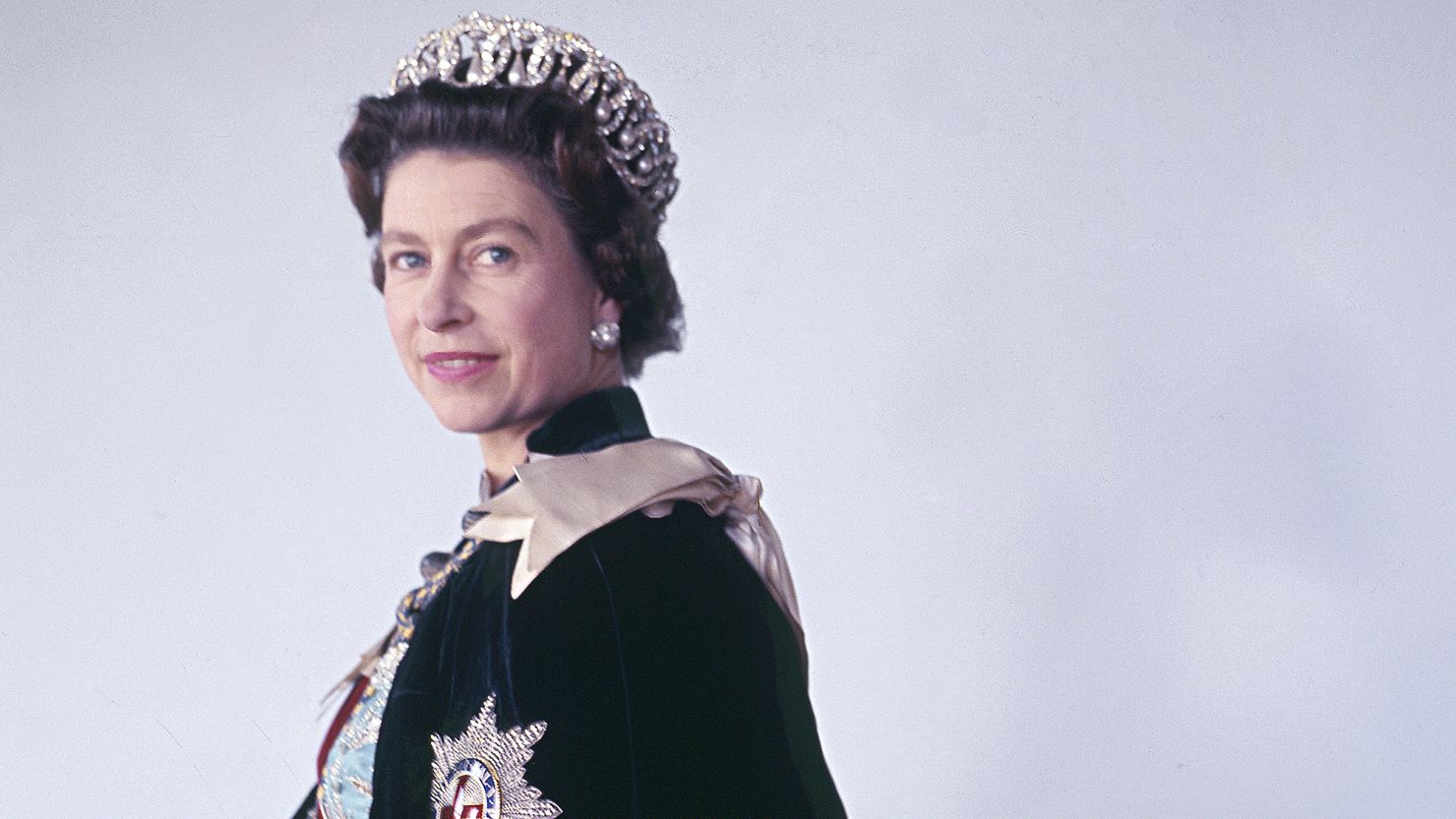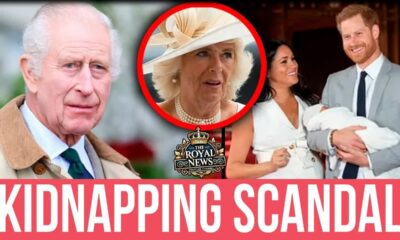Must Read
Royal Family Cuts Back on Official Engagements, Posing a Challenge for King Charles
The British Royal Family has recently reduced its official engagements, leaving King Charles with a significant dilemma.
With a slimmer royal family, there has been a 7% decrease in their engagements during the first half of this year compared to last year.
This reduction in workload, down by 31% from 2019 when there were 15 royals, could potentially impact charities' ability to gain financial support and recognition for their work.
Furthermore, it may not improve the public's perception of the monarchy, as seasoned royal watchers have expressed concerns.
According to an analysis of official duties recorded in the court bulletin, the “Big Four” – King Charles, Queen Camilla, Prince William, and Kate – collectively reduced their engagements by 11% in the first half of this year compared to last year.
In comparison to 2019, which was unaffected by the COVID-19 pandemic, there was a 16% decrease.
Together, these four royals participated in 514 engagements in the first six months of 2023, compared to 578 in the same period last year and 611 in 2019.
The absence of overseas tours in 2023, attributed to the May coronation, is a significant factor contributing to this decline.
Looking at all 11 royals, Charles and his family lost the late Queen, who carried out 100 engagements in the first half of last year, even while she was ill.
Her absence contributed to a decrease in the total number of engagements in the first half of this year, which amounted to 1,373, compared to 1,277 during the same period last year.
However, some of the current 11 royals have managed to maintain a similar workload as last year, with Princess Anne leading the way.
She increased her engagements from 237 to 254 in the first half of 2023, making her the busiest royal during this period.
Among the senior members of the royal family, Princess Anne has spent the most days, a total of 104, working on official engagements.
King Charles followed closely behind with 82 days.
Prince William and Kate, the youngest senior members, have been involved in official business for 65 and 55 days respectively.
As head of state, Charles, along with the Queen and other senior members, is expected to visit some of the 14 overseas kingdoms and other Commonwealth countries in the near future.
A state visit to France, which was postponed in March, is also on the agenda for the King and Queen in the autumn.
The cost of official royal travel varies each year, depending on the number and nature of overseas visits.
While there is debate about whether royal patrons and visitors actually increase income, their presence is undoubtedly a mark of prestige and recognition.
The publicity they generate is often seen as a valuable endorsement, particularly when a member of the royal family visits a local community.
Additionally, British politicians view royal visits abroad as an essential diplomatic tool, making the decrease in engagements and interactions a cause for concern.
The impact on charities and other organizations remains to be seen.
However, it is clear that senior members of the royal family are striving to align with King Charles's vision of making the monarchy a force for positive change.
Despite the reduced numbers, royals are still needed to carry out important duties such as opening schools and hospitals, and being recognized as community heroes.
They would do well to remember the late Queen's belief that actions speak louder than words.
In conclusion, the Royal Family's decision to slash their official engagements poses a challenge for King Charles.
With fewer interactions and reduced workload, there is a risk of diminishing financial support for charities and a potential negative impact on public perception.
While some members of the royal family have managed to maintain their workload, the absence of overseas tours and fewer engagements overall is a cause for concern.
The importance of royal visits and engagements cannot be underestimated, as they serve as a symbol of recognition and play a crucial role in diplomacy.
The future impact on charities and organizations remains uncertain, but the need for active royal participation in community events and public appearances remains high.




































